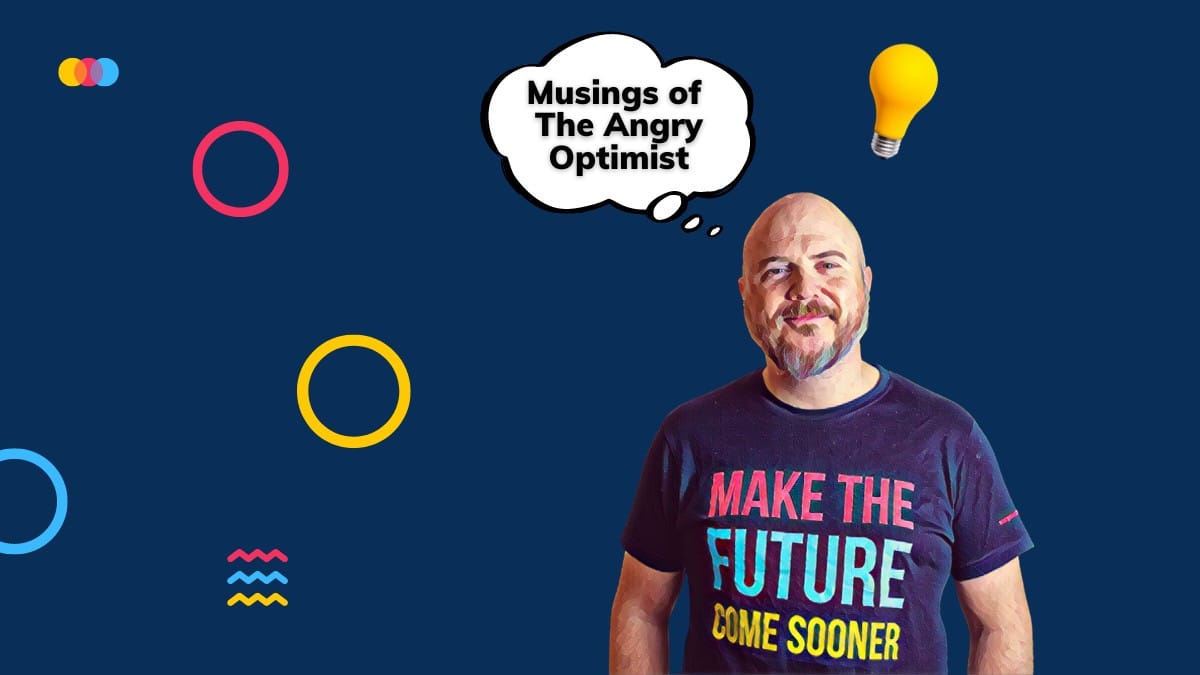
🧪 "Frankenbabies" and what the pessimists said about IVF
Hell will break loose, said a Nobel Prize winner. We will see baby factories, said others. That's how they talked about in vitro fertilization then. We can learn from that now.
Share this story!
Today in vitro fertilization (IVF) is a natural part of our society. A common method for people who, for some reason, have difficulty having children by other means.
This was not how it sounded when the method was developed in England in the 1970s.
IVF stands for in vitro fertilization. This means that fertilization occurs outside the woman's body (in vitro). An egg is taken from the woman, fertilized with sperm in a laboratory environment, after which the fertilized egg is inserted into the uterus to enable pregnancy.
It was precisely this, that egg and sperm were brought together outside the body, that made many react – and they didn't hold back.
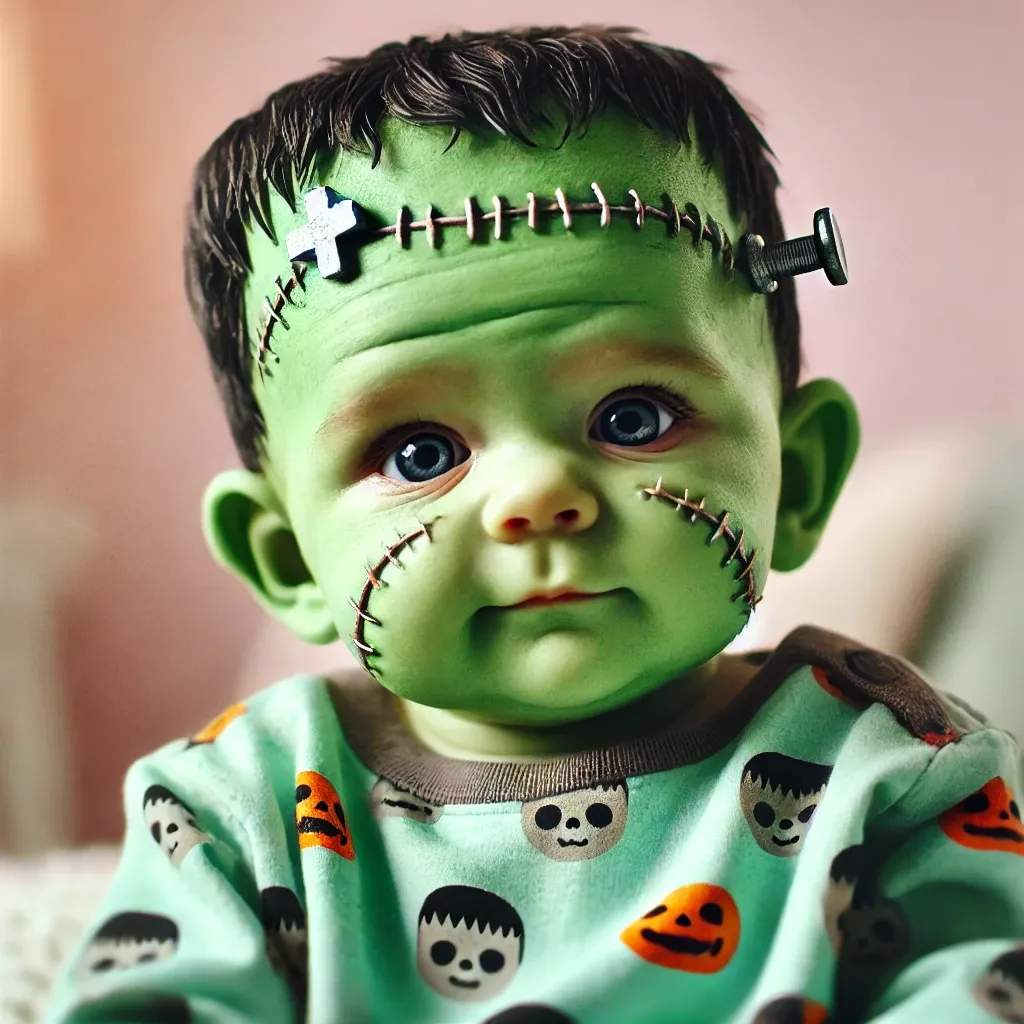
"Hell will break loose, politically and morally, across the world" if IVF succeeds, said Nobel Prize winner James Watson, who discovered the double helix structure of DNA. Others warned of "designer babies" that would be bred in baby factories. "Frankenbabies" was a common term. The doctors working on developing IVF were called "mad scientists" and "Doctor Frankenstein".
You can imagine that this was something the media LOVED. When doctors Bob Edwards and Patrick Steptoe announced they had successfully made a woman pregnant through IVF, journalists went wild. It was nothing compared to when rumors spread that it was time for her to give birth at a hospital in Oldham. The town filled with reporters who occupied the hospital. Some dressed up as janitors to get in.
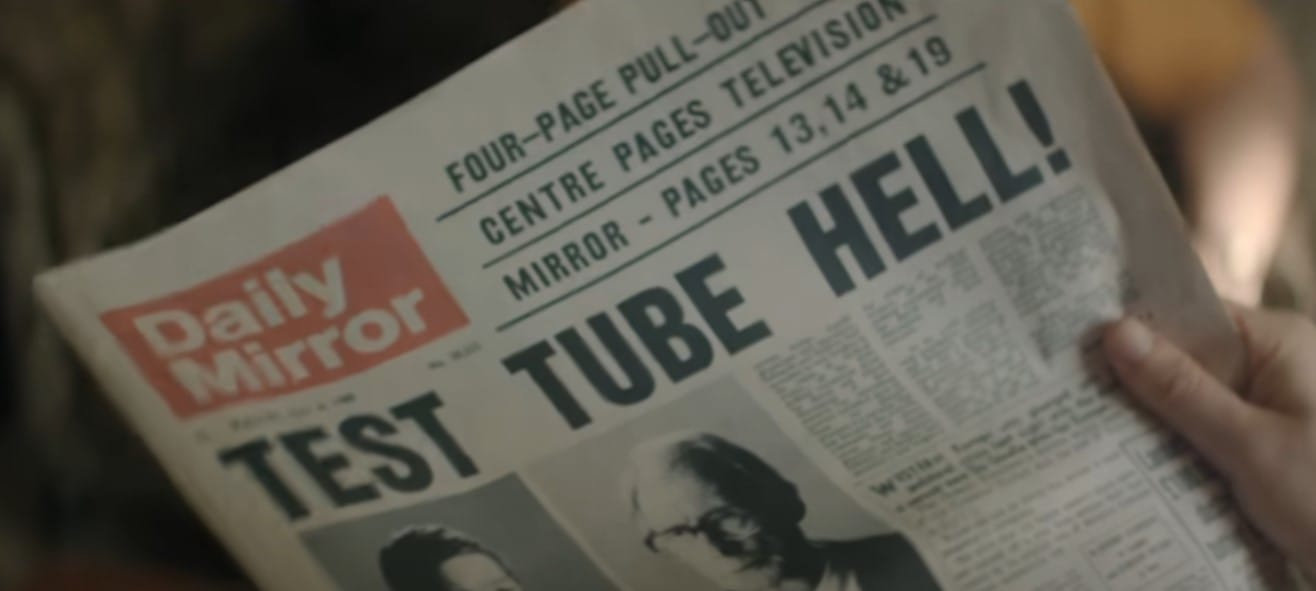
Joy
On July 25, 1978, Lesley and John Brown finally became parents when their daughter Louise was born. She was a healthy little baby.
With Louise, the debate around IVF shifted. She wasn't a Frankenbaby, only a completely normal, cute baby.
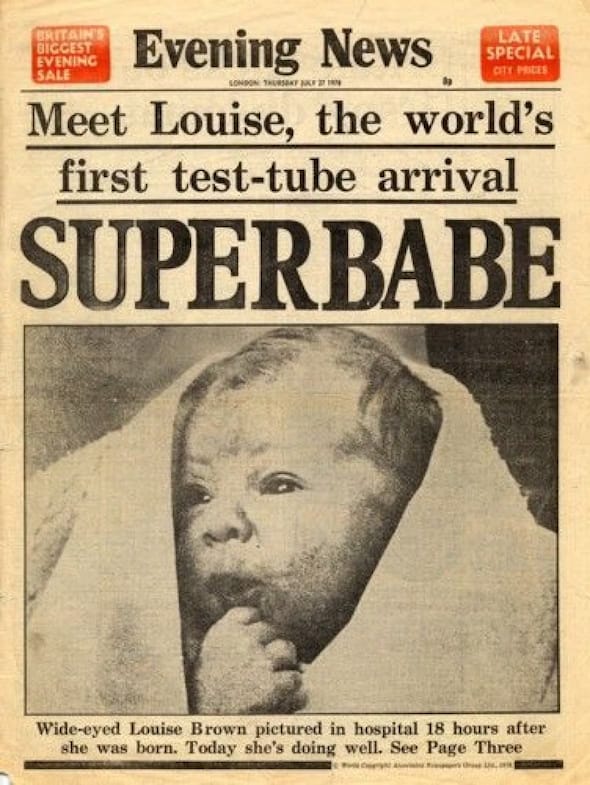
Four years later, her little sister, Natalie, was also born through IVF. In 1999, Natalie gave birth to her own child, becoming the first woman born through IVF to have her own child (without IVF).
Now over 10 million children have been born through IVF. 10 million people who wouldn't have existed otherwise and twenty million who wouldn't have become parents. Little Louise got the middle name Joy and that was truly fitting.
Frankenbabies – again
Over the years, the fear-mongering and concerns were forgotten. Rather than forgetting, we should learn from repeatedly making the same kinds of mistakes. But no, instead we find new things to make bizarre claims about.
Often we don't even bother coming up with new metaphors. A few years after the breakthrough with CRISPR, one could read: "CRISPR has raised fears that rogue scientists will create 'Frankenbabies'".
Of course, there are also new prominent researchers who know with certainty what will happen: "Everything I’ve learned here says we’re not ready to be doing this yet," said Nobel Prize-winning biologist David Baltimore about CRISPR and gene editing.
When we read criticism of something new, we should remember all the times previous criticism has missed the mark. Not that we should uncritically swallow everything new, but we can save the concerns and problems until we actually see what happens.
We don't just see this pattern repeating for CRISPR and gene editing: Screen time, social media, AI, GMO and lab-grown meat (Frankenfood!). Just to name a few. If you, when reading these examples, think "but that is bad", then think again. Do you know that? Do you know it for certain?
The Nobel Prize
That's why I was happy when I saw the Netflix film Joy. It follows how Patrick Steptoe, Bob Edwards, and Jean Purdy developed IVF and highlights all the bizarre criticism they had to endure.
In 2010, Bob Edwards received the Nobel Prize. He would certainly have shared it with Steptoe and Purdy if they hadn't passed away earlier.
"His contributions represent a milestone in the development of modern medicine," writes the Nobel Assembly in their citation.
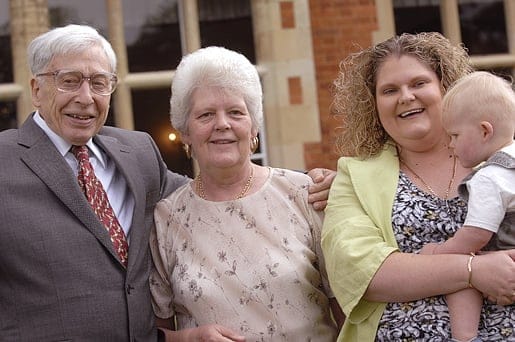
Mathias Sundin
Angry Optimist
By becoming a premium supporter, you help in the creation and sharing of fact-based optimistic news all over the world.


